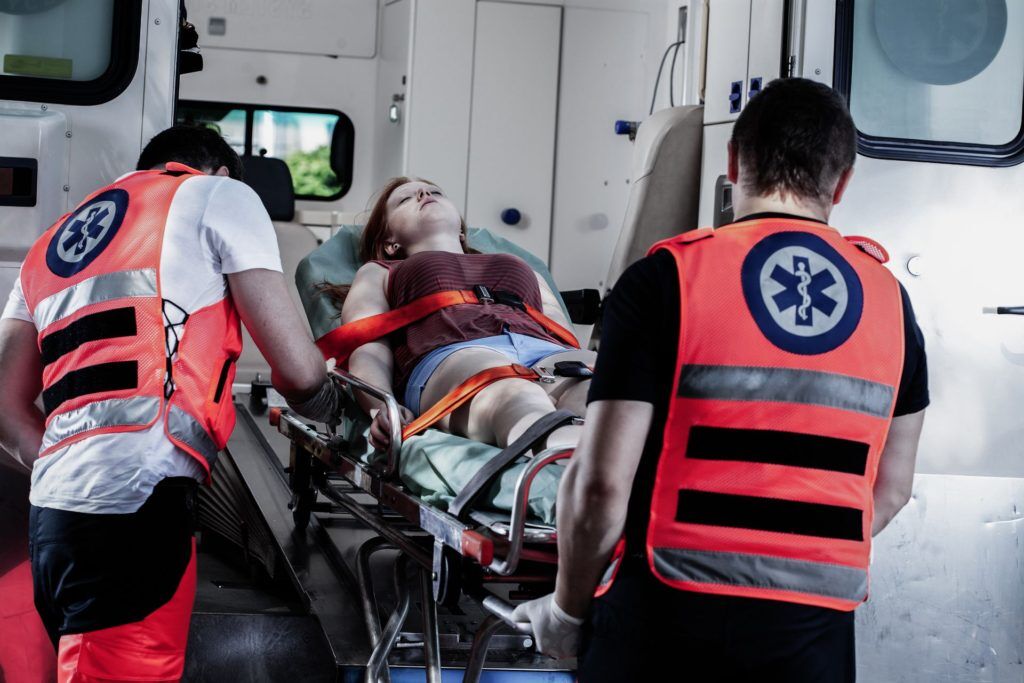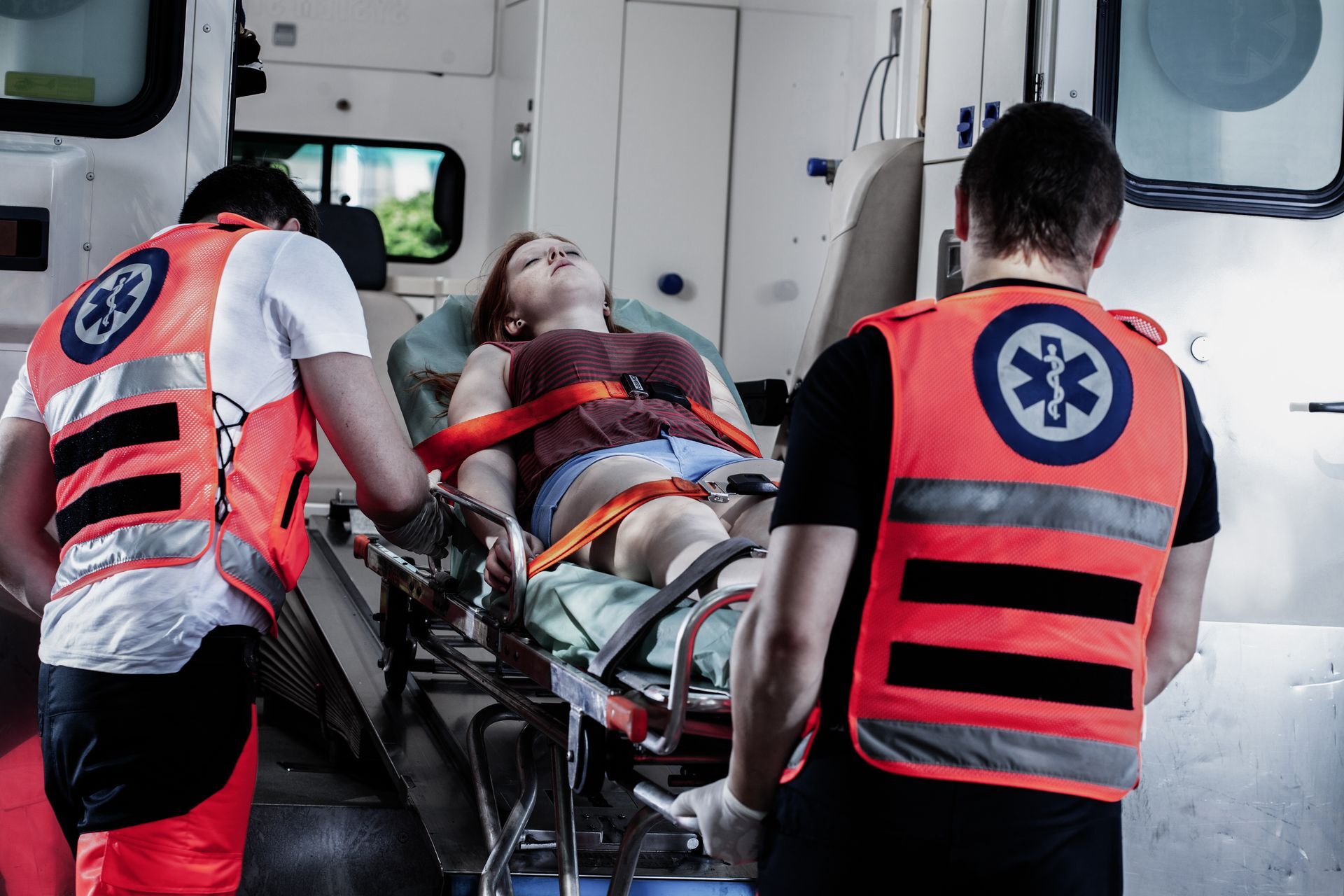Afraid Of How To Help Someone Who Is Overdosing? Be Prepared

If you have helped someone overdosing, you understand how the situation is extremely stressful and frightening.
Thankfully, some people have never witnessed such an incident – one that many can never unsee. With that said, you may have many questions about what to do and what will happen.
In the case that it does occur, there is no time for questions. We genuinely hope you never encounter this situation, but we also must ensure you can act accordingly and save someone’s life. Let’s talk about how to help someone who is overdosing.

How to tell if someone is overdosing.
Knowing what to look for is of utmost importance. Symptoms of an overdose can vary depending on what drug they are using. However, the following signs are almost always direct indications that a person is overdosing.
Signs to look for:
- Slowed breathing or lack of breathing
- Unconsciousness or lack of awareness
- Vomiting
- Hallucination
- Dilated or restricted pupils
- Blue tint to fingernails
- Convulsions or seizures
In any case that an individual is too high, you should keep an eye on them and try to keep them close by. If you fear they are overdosing or are about to, active conversations and engagement are great ways to monitor their condition.
How should you help them? (Proper first aid)
If you can determine a person is overdosing, again, you must act immediately.
Calling 911 and ensuring the person is breathing are of utmost importance. If possible, it is best to have one person call for help, and another check their current condition.
If they are not breathing, you or someone else must perform CPR until they can breathe on their own or until help arrives.
If you can determine that it is an opioid overdose, and the individual is not breathing, you should administer Narcan. Once you do, and if the person is breathing, you will need to roll them onto their side in case they vomit.
If they do not begin to breathe, you will need to continue to perform CPR.
Even if you follow the proper first aid practices and regain consciousness, you must seek medical professionals’ help.
https://www.talktofrank.com/get-help/what-to-do-in-an-emergency
https://drugfree.org/article/overdose-response-treatment/
How to administer Narcan: (naloxone) (1.nasal, 2. Injectable)
Administering Narcan to an individual who has overdosed on opioids can be intimidating, but you must know how to do it. It can come in different forms, though, and this means there are other processes for either.
Narcan that administers nasally is the most simple to use. The dose is typically already prepared and requires one to inject it directly into one or both nostrils.
If you have injectable Narcan, you must prepare the needle with 1cc unless it is an auto-injectable version. It must be injected into the muscle of the arm, thigh, or buttocks. It is essential that the needle is inserted straight-on and not at an angle.
Understanding and practicing using it and when to use it is vital for either form.
Additional doses may be necessary for severe cases, especially if they are overdosing on a powerful opioid such as fentanyl.
Will the police arrest the person overdosing?
The Immunity Law for Drug Overdose prevents individuals from being arrested for drug violations if they have overdosed so long as it is the first time they have.
In any case, legal repercussions are far more desirable than the loss of life. Even if the individual may face criminal charges, it is crucial to seek medical attention anyway.
Will the police arrest you if you call 911?
Good Samaritan Laws are currently present throughout a majority of the United States. They are put in place to protect those from criminal prosecution when they call for medical attention when they are overdosing.
These laws vary by state, and how much protection they offer is subjected to local regulations. Therefore, your involvement in the person’s overdosing can play a significant role in whether you get in trouble.
If you were not involved and simply found the person in a state of overdosing, you would not likely face any trouble with the law for seeking help.
In any case, you must seek medical attention. It can be the difference between life and death.
Concluding Thoughts:
To ensure you can help a person, it’s vital to be prepared. Again, you must know what to look for, and it is important not to downplay the likelihood of an overdose. Additionally, you must know what to do beforehand. Taking the time to review the appropriate steps during an overdose is not an option as a person’s life is at risk.
Here’s a list of resource links to better educate yourself on what to do if someone is overdosing:
